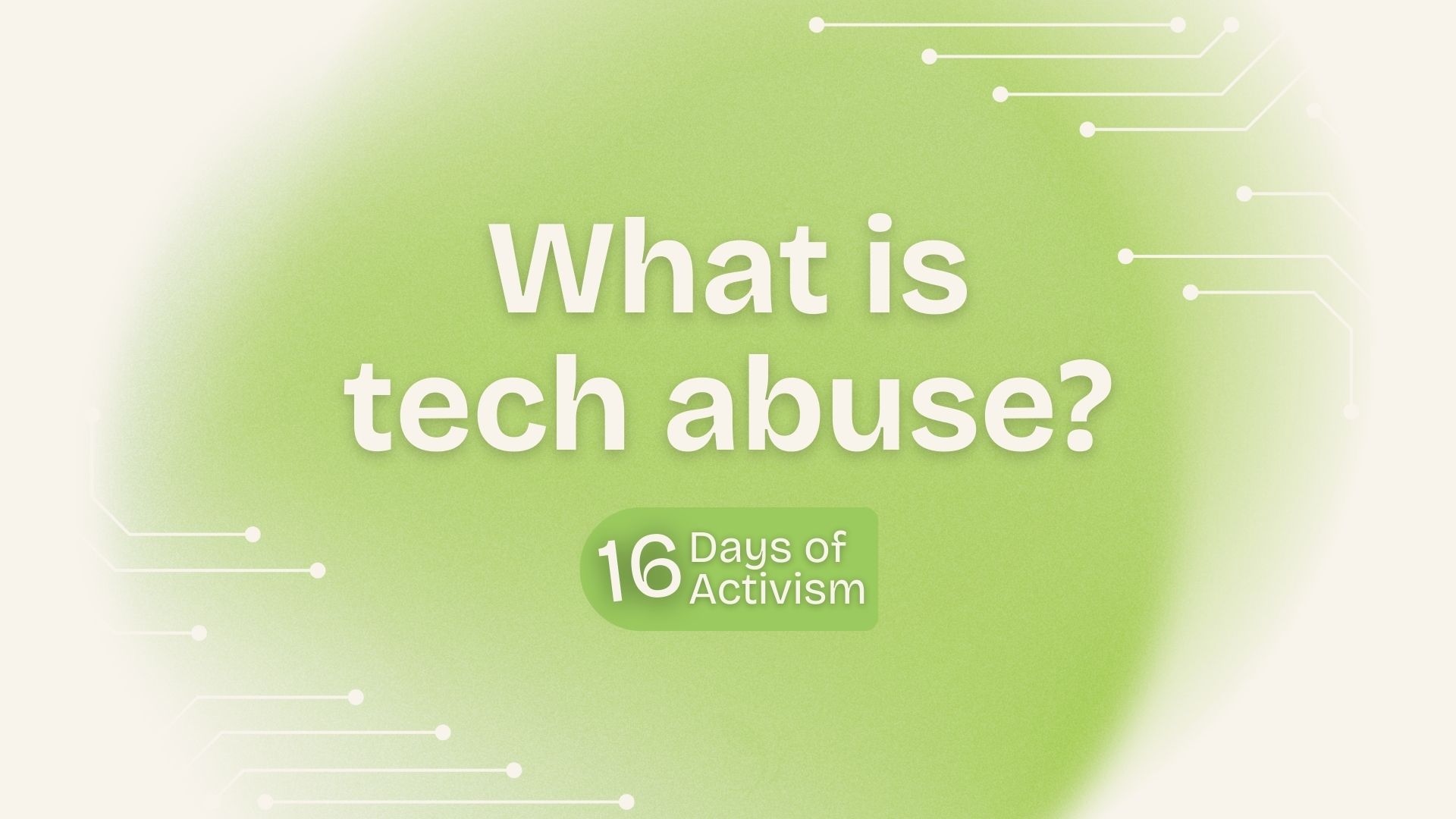Mental Health Awareness Week 2024

Domestic abuse isn’t always physical. It can have implications across your whole life – financial, sexual, emotional and more. Naturally, these can have a huge knock-on effect to a victim's mental health as well. What’s more, these mental health effects can last for years after, sometimes long after a victim has escaped an abusive relationship.
This week marks Mental Health Awareness Week 2024, so over the week we’ll be sharing statistics and case studies highlighting the connection between mental health and domestic abuse.
If you’re struggling with your mental health
Sometimes things feel so heavy that we wouldn’t blame you for thinking that there’s no one who can properly understand or help you – but this isn’t necessarily the case.
At Next Chapter, our trained staff can help you with your concerns about your mental health in relation to domestic abuse.
You can click the ‘Get Help’ button above to find appropriate support for you.
Certain activities can help you find a moment of peace, too. Such as learning a new hobby, taking part in a class, reading or walking in nature. Our friends at Women’s Aid have also released a new Yoga challenge which you can find by clicking here.
Did you know?
- Domestic violence has an estimated overall cost to mental healthcare of £176 million.2
- Research suggests that women experiencing domestic abuse are more likely to experience mental health problems. In contrast, women with mental health problems are more likely to be domestically abused, with 30-60% of women with mental health problems have experienced domestic violence.3
- Domestic violence is associated with depression, anxiety, PTSD and substance abuse in the general population.4
- Exposure to domestic violence has a significant impact on children's mental health. Many studies have found strong links between poorer educational outcomes and higher levels of mental health problems.5
References
- ONS. (2014). Intimate Personal Violence and Partner Abuse.
- Walby, S. (2004). The Cost of Domestic Violence. Research Summary: Women & Equality Unit.
- Howard, L.M., Trevillion, K., Khalifeh, H., Woodall, A., AgnewDavies, R., & Feder, G. (2009). Domestic violence and severe psychiatric disorders: Prevalence and interventions. Psychological Medicine, 40(6), 881–893.
- Trevillion, K., Oram, S., Feder, G., & Howard, L.M. (2012). Experiences of domestic violence and mental disorders: A systematic review and meta-analysis. PLOS One, 7, e51740.
- Gilbert, R., Kemp, A., Thoburn, J., Sidebotham, P., Radford, L., Glaser, D., & MacMillan, H. (2009). Recognising and responding to child maltreatment. The Lancet, 373(9658), 167–180.
Share Your Story With Us
Have we worked with or alongside you? Be among other survivors who have shared their valued and powerful stories
.png)



.png)